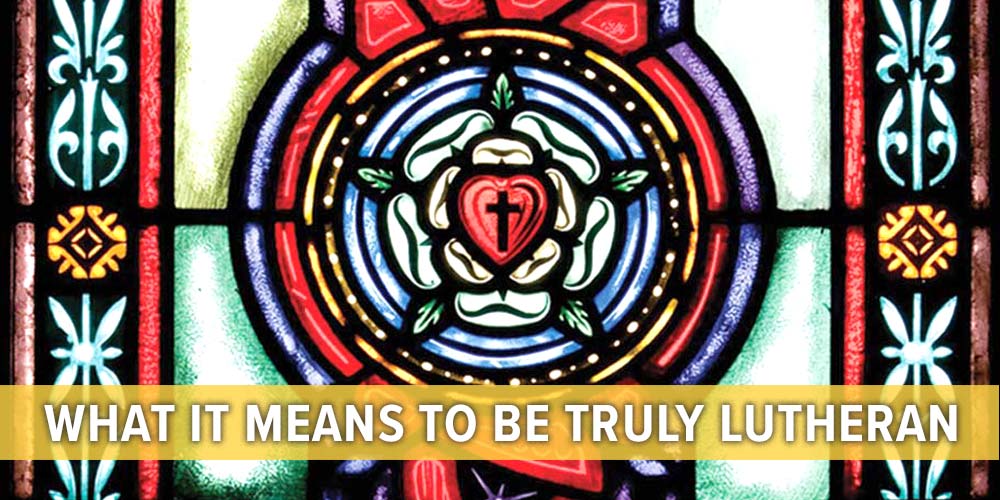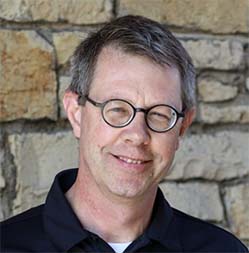 |
“There’s a little bit of good in everyone.” “Such a cute baby . . . so innocent.” “Everyone’s got the choice to be good or bad. We just have to put people into the right environment so they’ll make the right choices.”
We have all heard such thoughts. It’s the prevailing view today. It is also the view of every non-Christian religion and even many Christian denominations. It’s nothing new. Throughout history, people have believed that they are not that bad, that they can do enough good to earn heaven—or at least make some kind of contribution.
The Bible, however, says the opposite. The Bible teaches that every person who is born of a mother and father inherits a corrupt sinful condition, going all the way back to the first sin of Adam and Eve (Romans 5:12; Psalm 51:5). Of all Christian denominations, true Lutherans believe, teach, and confess this more clearly than most. The Augsburg Confession states: “It is taught among us that since the fall of Adam, all human beings who are born in the natural way are conceived and born in sin. This means that from birth they are full of evil lust and inclination and cannot by nature possess true fear of God and true faith in God” (II:2).
The Formula of Concord explains in even more precise language:
In spiritual and divine matters, the mind, heart, and will of the unreborn human being can in absolutely no way, on the basis of its own natural powers, understand, believe, accept, consider, will, begin, accomplish, do, effect, or cooperate. Instead, it is completely dead to the good—completely corrupted. This means that in this human nature, after the fall and before rebirth, there is not a spark of spiritual power left or present with which human beings can prepare themselves for the grace of God or accept grace as it is offered (II:7).
That is a far cry from believing that we enter the world morally neutral or possess some spark of goodness. That is recognizing and confessing that from the moment of conception we are lost and condemned creatures. We are incapable of taking the first steps toward God. We cannot by our own thinking or choosing believe in Jesus.
The problem with denying the totality and severity of original sin is that people imagine they can do something to earn God’s favor. But how could anyone ever be certain they have done enough? When we confess and understand our absolute helplessness and hopelessness, we can see that salvation has to be entirely, from beginning to end, the work of God for us. And it is. Of that we are certain.
This is the third article in a 14-part series on key doctrinal emphases that Luther brought back to light through his Reformation.
Author: Joel Otto
Volume 103, Number 12
Issue: December 2016
- What it means to be truly Lutheran: Public ministers of the gospel are called to serve
- What it means to be truly Lutheran: The church is believers in Jesus
- What it means to be truly Lutheran: God’s different work in two kingdoms
- What it means to be truly Lutheran: Vocation: Serving God and others
- What it means to be truly Lutheran: Faith-produced good works
- What it means to be truly Lutheran: Living a life of repentance
- What it means to be truly Lutheran: Lord’s Supper
- What it means to be truly Lutheran: Baptism
- What it means to be truly Lutheran: The means of grace
- What it means to be truly Lutheran: Faith alone
- What it means to be truly Lutheran: Grace alone
- What it means to be truly Lutheran: Original sin
- What it means to be truly Lutheran: The distinction between law and gospel
- What it means to be truly Lutheran: Scripture alone






